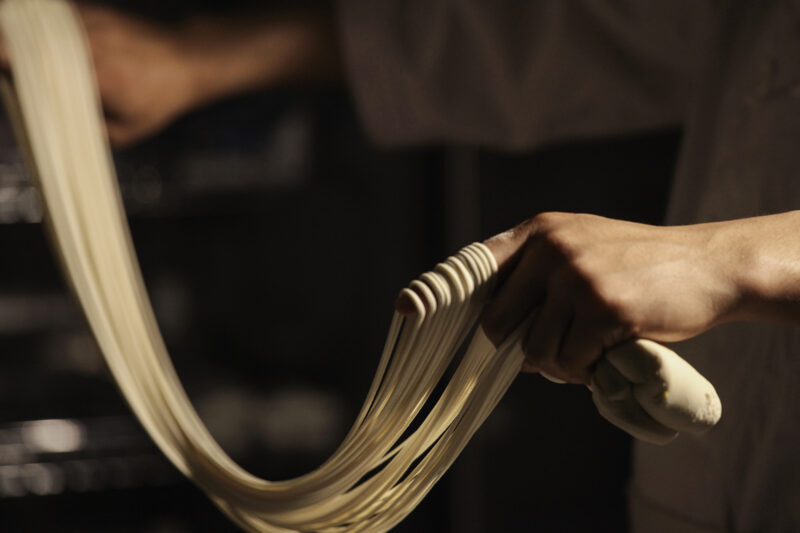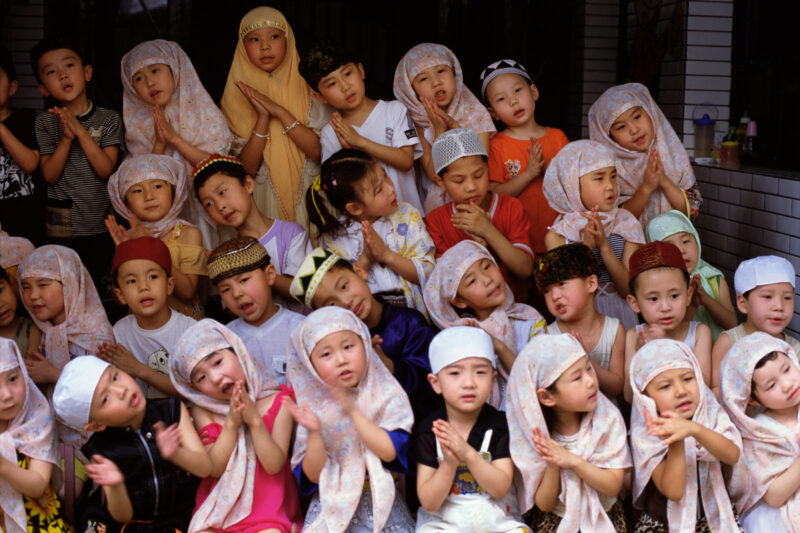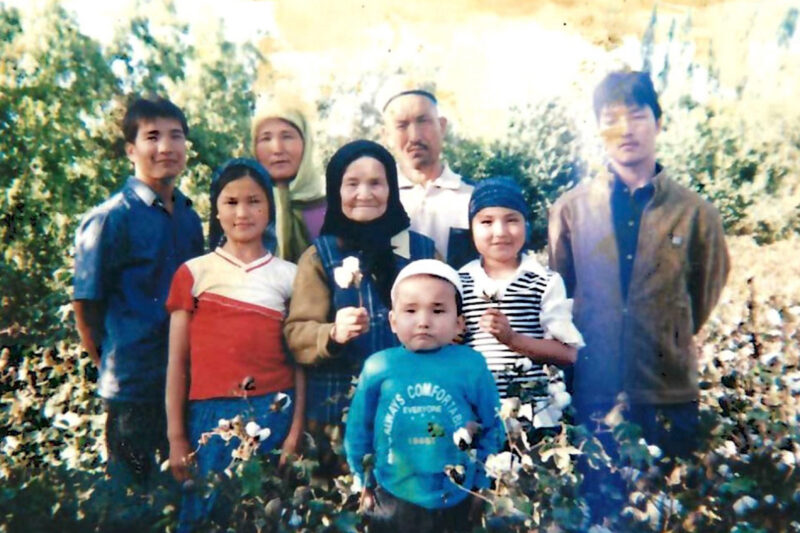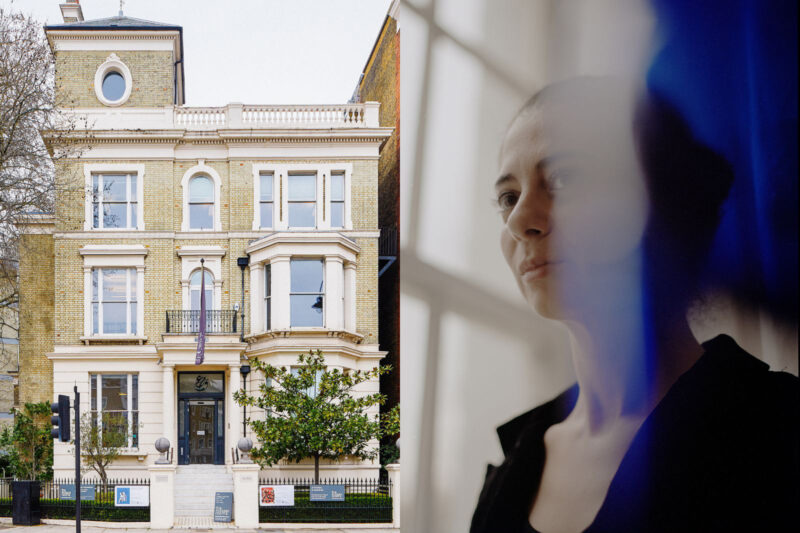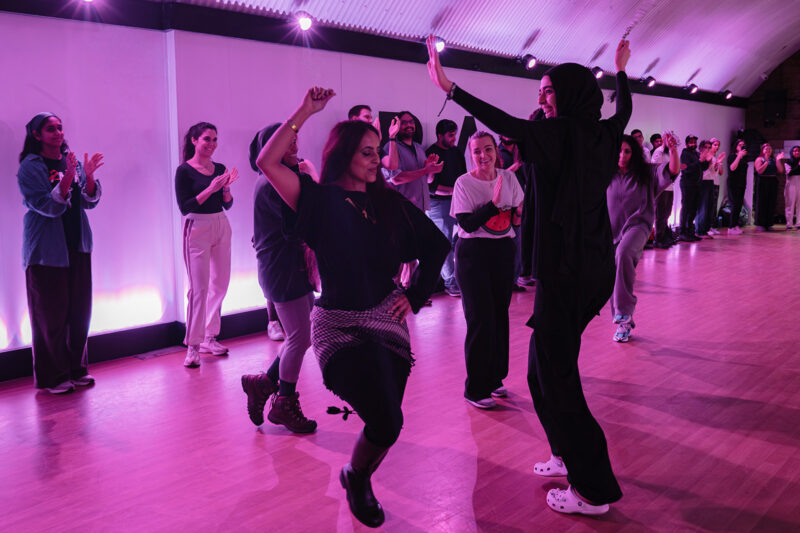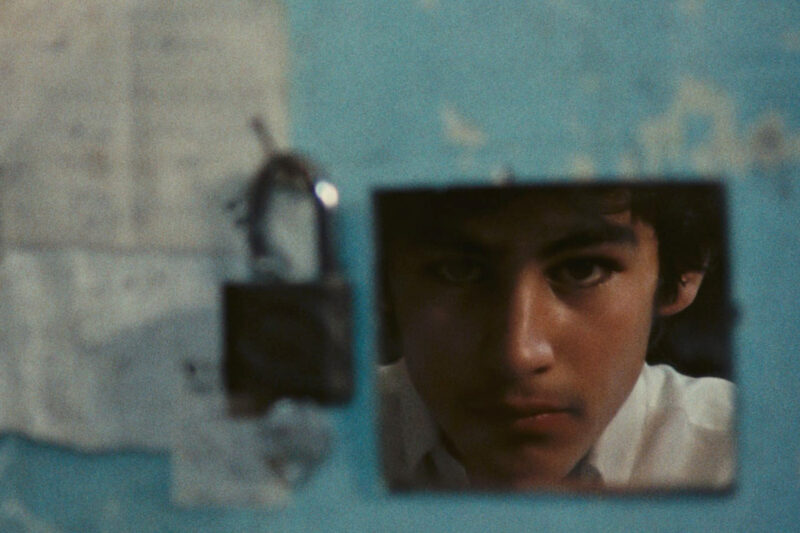
Rahima Mahmut Q&A: ‘Uyghurs are not defined by their oppression’
Rahima Mahmut has lived in exile in the UK since 2000 and performs with the London Silk Road Collective. Photograph courtesy of Rahima Mahmut/Dilshat Reshit
The activist and singer on her campaigning work and the power of music in protest
Rahima Mahmut is the UK director of the World Uyghur Congress and executive director of the campaign group Stop Uyghur Genocide. The singer, activist and translator was born in the autonomous region of Xinjiang, north-west China, and has lived in exile for more than 20 years.
Since moving to London in 2000, she has worked as a musician and now performs with the London Silk Road Collective. In 2018, Mahmut began to reach out to parliamentarians, community groups and the media to bring attention to the existence of government re-education camps in Xinjiang, where more than a million Uyghur Muslims have been detained since 2017.
Mahmut’s campaigning has contributed to both a 2021 declaration by MPs that China is committing genocide against Uyghurs and other ethnic and religious minorities in Xinjiang, and a diplomatic boycott of the 2022 Beijing Winter Olympics.
This conversation has been edited for length and clarity.
What does your typical work day look like?
Most of my days are spent speaking to journalists, parliamentarians and on panels. My roles are all interconnected. As a campaigner, I focus on raising public awareness through protests, concerts and promoting policy change. At the World Uyghur Congress, I work with the UK parliament to see how we can push the government to recognise that the Chinese government’s policy against the Uyghurs is genocide.
I have highlighted how many of the solar panels that this country imports are tainted by forced Uyghur labour and am trying to secure legislation that will stop forced labour goods entering the UK. Our organisation also lobbies parliamentarians on any legislation or parliamentary bills that are tabled relevant to China. We also try to mobilise communities, including people from religious groups, to write to their employers and local MPs, too.
Can you tell us about the results your work has achieved?
We have campaigned against Chinese Hikvision CCTV cameras and, now, Morrisons and Tesco have decided to ban them and source alternative cameras. Many government departments also declared that they are going to replace them with different brands, not only because these cameras pose a security risk, but also because the surveillance company’s cameras were used to catch Uyghurs attempting to escape Xinjiang.
We’ve been very successful in mobilising parliamentarians to speak up against what is happening in Xinjiang and campaigned for a revised genocide amendment to the 2021 Trade Bill. Although it was rejected, much-needed awareness was raised. We also played a role in getting the UK government to declare a diplomatic boycott of the Beijing Winter Olympics in 2022. The UK was one of 10 nations to pass such a motion, owing to China’s atrocities in Xinjiang. The ultimate goal is to see policy change in the UK. There is huge accountability on the government to take action against China and the companies that are profiting from forced labour.
‘When I came to this country in 2000, I told people that I’m Uyghur, I’m Muslim and I’m from East Turkestan, the occupied part of China. I was astonished to find that so little was known about Uyghurs.’
Do you feel there has been a reluctance to do that, so far?
One of the reasons Uyghurs are facing this unbearable treatment is because they’re Muslim. China’s government is very powerful economically. The majority of countries, including the UK, have a heavy economic dependence on China. For this reason we’ve been suffering inaction, especially from the Organisation of Islamic Cooperation, which has been reluctant to declare that more than a million people have disappeared into concentration camps in Xinjiang. The 2022 United Nations report, for instance, does not call what is happening genocide but it does state that China is committing crimes against humanity.
Tell us about your band, London Silk Road Collective, which you have said celebrates the shared culture of Uyghur and Uzbek musicians…
I come from a very musical background and I’ve been performing since childhood. It’s in my blood. When I came to this country in 2000, I told people that I’m Uyghur, I’m Muslim and I’m from East Turkestan, the occupied part of China. I was astonished to find that so little was known about Uyghurs. In 2004 we set up the London Uyghur Ensemble, which became the London Silk Road Collective, to introduce people to the Uyghur people, culture, language and music.
I realised the music can raise more awareness about the atrocities, too. I want people to know that Uyghurs are beautiful people who, like others, have aspirations and are not defined by their oppression. They are fighting to preserve their own identity and traditions, wherever they are.
Are there any upcoming events the public should be aware of?
In April this year I learnt that my older sister Rahila died under China’s repression in Xinjiang. I couldn’t contact my family because I was told it would put their lives in danger. In memory of my sister and the family I haven’t spoken to since 2017, there will be a concert performed by London Silk Road Collective late November 2023.
 Newsletter
Newsletter


